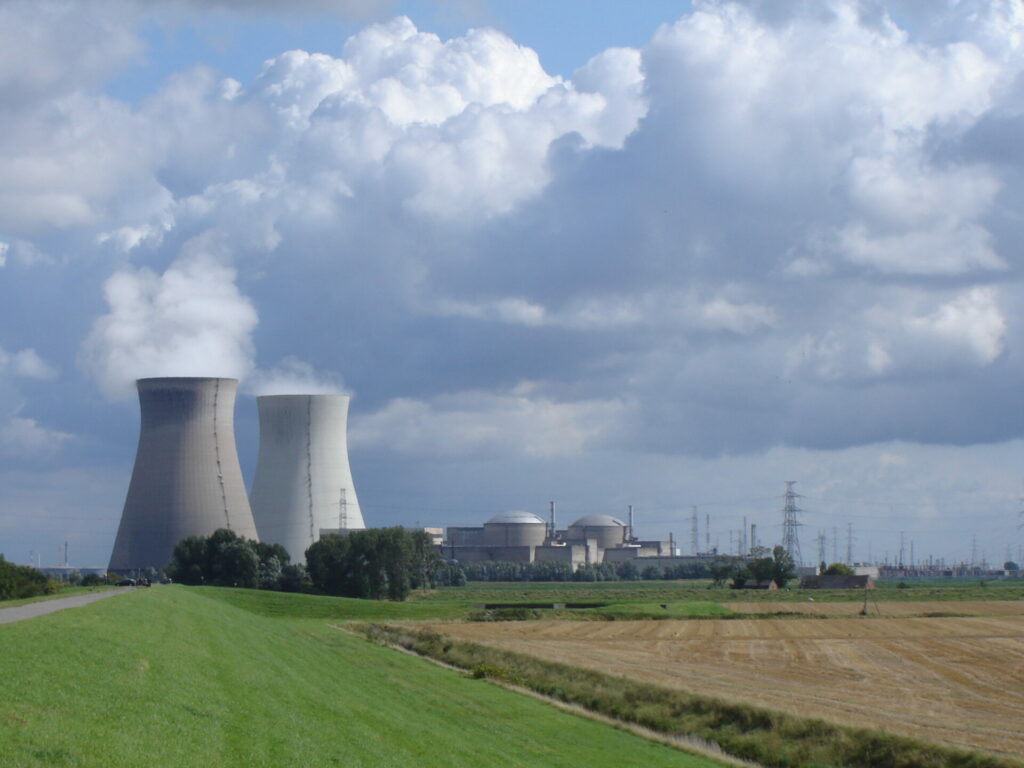With the status of Belgium's nuclear reactors a recurring topic of discussion among ministers, the Federal Government has now asked Engie (the company that operates the facilities) to investigate whether the lifespan of the country's oldest nuclear reactors could be extended.
Prime Minister Alexander De Croo and Energy Minister Tinne Van der Straeten will be leading negotiations with the French multinational energy supplier. The Doel 1, Doel 2 and Tihange 1 reactors are currently due to be closed in 2025, reducing Belgium's supply of clean energy and possibly seeing it resort to highly polluting alternative sources.
As a result, the government has asked Engie to study the matter closely and present results to the Federal Agency for Nuclear Control by mid-March.
Doel 4 and Tihange 3 nuclear power plants have already been extended in an effort to secure energy supply. Current plans will see Belgium's oldest reactors run for two more years, giving energy stability through the coming winters until 2027.
Related News
- Belgium main supplier of energy in France and Germany last year
- Tihange 2 nuclear reactor definitively shuts down on Tuesday
- Police take over the task of securing nuclear sites from the military
The reactors' fuel consumption will also have to be adapted accordingly. A planned "micro-extension" will allow the reactors to continue generating electricity during the summer, though at a reduced capacity. Refuelling the reactors could cost up to €10 million, according to VRT's energy specialist Luc Pauwels.
Yet given the strained negotiations between the Belgian Government and Engie over past nuclear extensions, as well as government in-fighting on the subject of nuclear energy, it is not yet clear whether a decision will be reached by the mid-March deadline.

